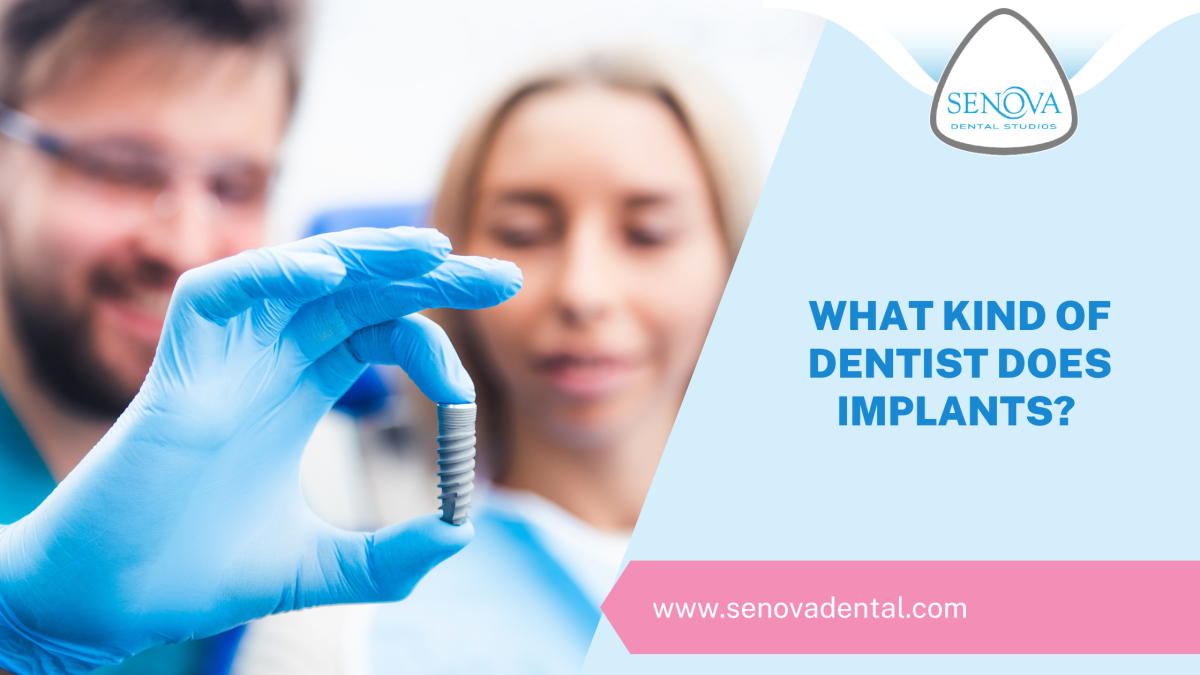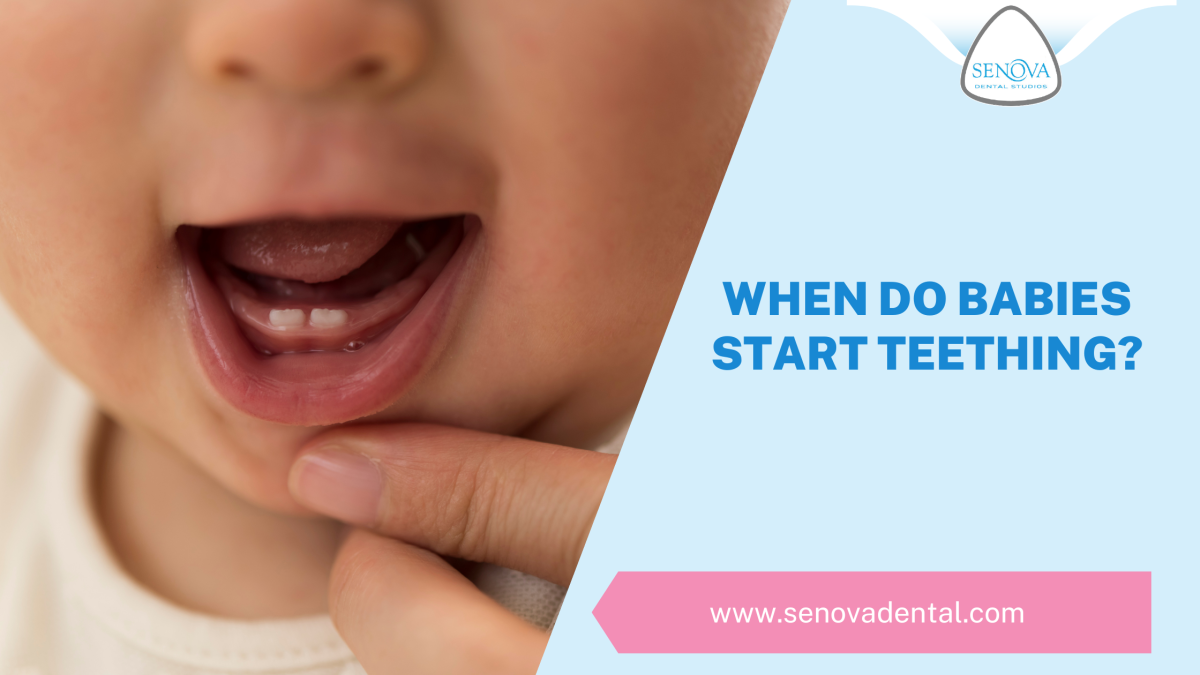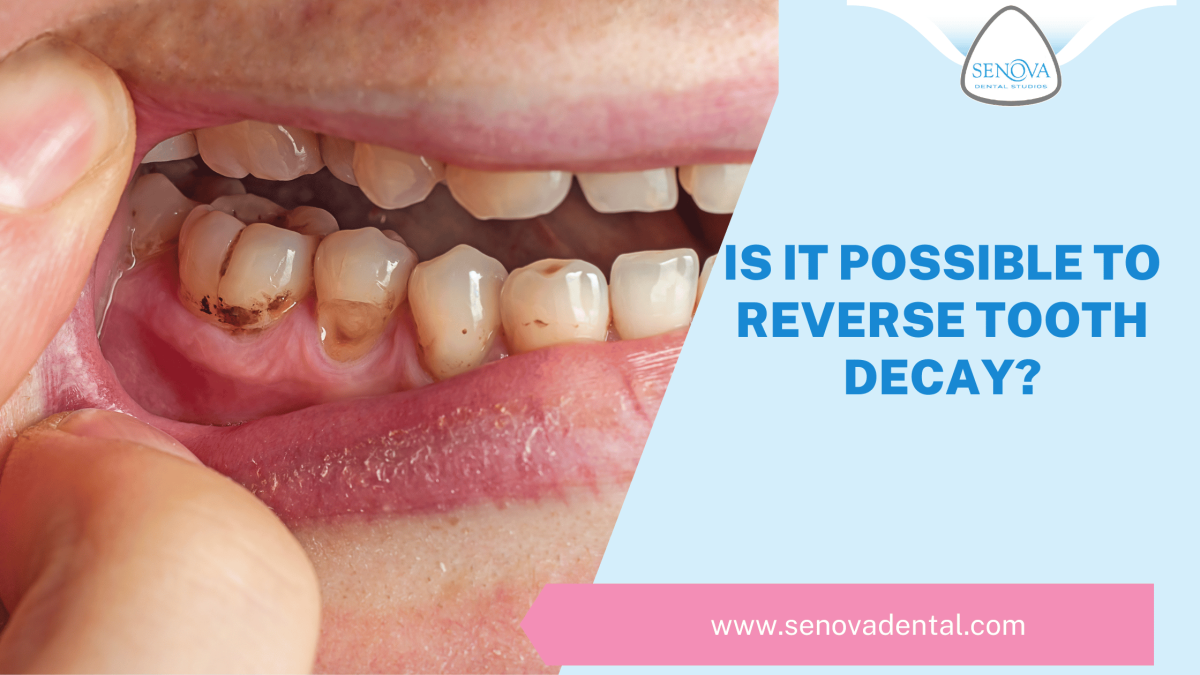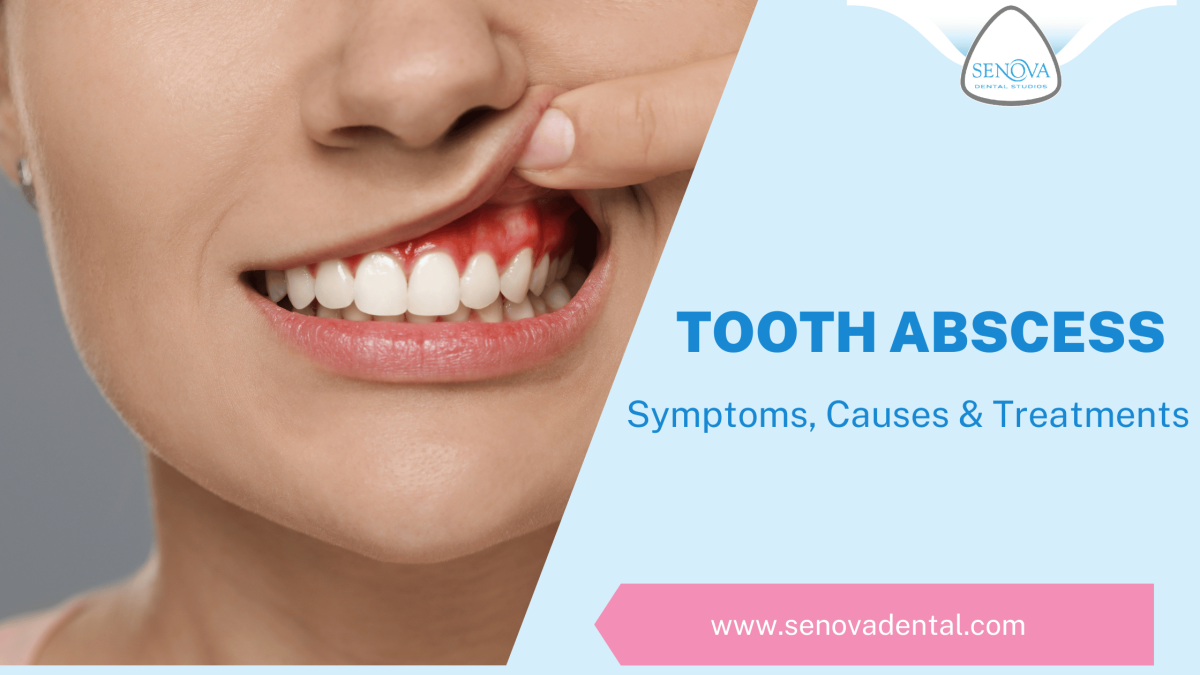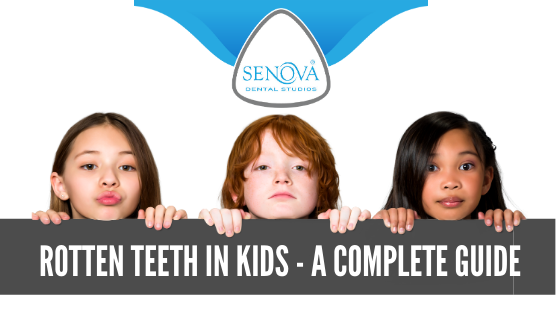
As parents, we go to lengths to ensure that our children remain healthy, happy and active. From their daily routine to their diet and physical activity, we plan everything for the betterment of our children. However, one aspect that parents often overlook regarding their child’s wellbeing is their oral health.
Unfortunately, many parents think that a child’s milk teeth are only temporary; therefore, there is no need to look after them. This is a very dangerous assumption. The American Academy of Pediatric Dentistry recommends taking care of your child’s oral health as soon as the first tooth appears in the mouth. “But, why are the milk teeth so important, and how tooth cavities can affect my child’s health?” you might ask yourself.
This article explains everything you need to know about teeth cavities in kids and why they are harmful to your child’s health and wellbeing.
Rotten Teeth Effects On The Body?
Rotten teeth will not only affect your child’s adorable smile, but they will also have a direct influence on their physical wellbeing. According to the American Dental Association, milk teeth help our child learn how to eat and speak.
So, if your child’s milk teeth have cavities, or if they are lost prematurely, your child may not be to chew and digest their food properly. This can directly influence their physical health and quality of life.
Similarly, children develop oral hygiene habits right from their early age. If they are taught to maintain optimal oral hygiene during childhood, these habits will remain with them throughout life – and will also ensure that they do not suffer from avoidable dental problems later in life.
Do Cavities In Baby Teeth Affect Permanent Teeth?
Your child’s milk teeth serve as placeholders for their permanent successors. If a milk tooth is lost prematurely, the neighbouring teeth start to creep into the vacant space. As a result, gaps begin to appear in the teeth.
More importantly, the deviated teeth prevent the underlying permanent teeth from erupting into optimal alignment and occlusion. Consequently, the permanent teeth either erupt at unusual places or exhibit orthodontic problems like crowding or imbalance tooth bite.
If your child has lost a primary tooth prematurely, you should visit their dentist immediately to get space maintainers. These appliances prevent the neighbouring teeth from moving into the vacant space and ensure unhindered eruption of the underlying permanent tooth.
Child Tooth Decay Treatment Options?
Treatment of teeth cavities in the primary teeth depends on various factors. Depending on the estimated remaining time when they fall off, your dentist will use different filling materials for treatment. Depending on the extent of tooth damage, your child’s dentist will replace the affected tooth structure with a direct filling like composites or glass ionomer cement or place an indirect restoration such as a crown.
Indirect restorations are typically required when there is extensive damage to the tooth caused by dental decay.
Early Signs Of Tooth Decay And Toddlers?
Perhaps, the earliest sign of a developing tooth cavity in one of your child’s milk teeth is the appearance of white spots. The formation of a white spot on a tooth represents a region that does not contain sufficient minerals.
If this white spot is not treated timely, it may result in the formation of teeth cavities. White spots on the teeth are reversible; your dentist will apply a fluoride varnish or gel to restore the mineral content in the affected tooth, making it resistant to teeth cavities. That is why you should act immediately and take your child to see a dentist if you find any white spots on their teeth.
How To Clean Children’s Teeth?
Oral hygiene care for your child should start right after their birth. Before they grow their first tooth, you should use a soft and clean cloth to clean the gums. Later on, you should start brushing your child’s teeth using a soft brush. You should brush your child’s teeth until they become older enough to brush by themselves. If your community water supply is not fluoridated, you should also consult your dentist regarding the use of fluoride toothpaste.
Should Children Use A Fluoride Toothpaste?
Fluoride is a naturally occurring mineral that has proven beneficial effect on our oral health. According to the National Health Service, using fluoride toothpaste is one of the most effective ways of preventing teeth cavities. Fluoride is nature’s cavity-fighting agent that makes the teeth stronger, and more resistant to the attack of harmful bacteria that produce acid and cause cavities.
According to the American Dental Association, fluoride toothpaste is recommended for children to prevent tooth decay. For children younger than three years, parents should brush their teeth by applying only a smear of fluoride toothpaste. For children above three years, parents can use a pea-sized dab of fluoride toothpaste for brushing.
According to the PHE National Dental Epidemiology Programme for England, 2017, one in every four children aged five had teeth cavities. Restoring teeth cavities in children is not only essential to retain their pearly white smile, but also to ensure that they retain a set of healthy and fully functional teeth throughout life. More importantly, the development of teeth cavities in children should be prevented in the first place, through optimal oral hygiene care and regular dental checkups.
If you are looking for a dental practice in Watford that takes care of every aspect of your child’s oral health, look no more. At Senova Dental, we have a team of highly qualified and experienced that will ensure that your child enjoys a healthy, adorable and lasting smile throughout life. So, book an appointment for a video consultation today and let us take good care of your child’s oral health.
- What Kind Of Dentist Does Implants? - December 1, 2024
- When Do Babies Start Teething? - October 26, 2024
- Is It Possible To Reverse Tooth Decay? - September 29, 2024

